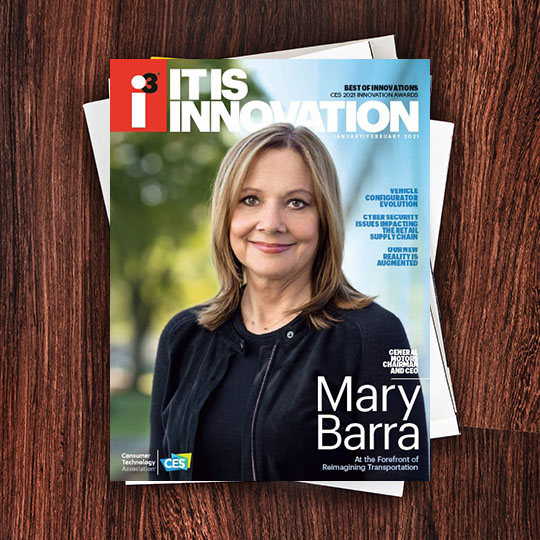Mental health is the most under reported crisis of the pandemic and is a major driver behind sustained virtual care engagement.
Marc Benioff, the CEO of Salesforce, revealed that a staggering 36% of the company’s 50,000 employees are experiencing mental health challenges during the pandemic — and that’s in a company that’s been growing during the crisis. What then are the rates of mental health issues for those who face job loss, financial difficulties, and health care worries?
A staggering 31% of all virtual health care visits are for mental health. The pandemic is isolating. Many people with non-COVID medical problems are not seeking health care because they fear going to health care facilities. Many suffer in silence but could benefit from remote assistance.
Some smartphones now have 108 megapixels (MP) cameras and Qualcomm’s Snapdragon 865 processor supports up to 200MP image sensors. With such high-resolution photography, a picture of an eye can be analyzed using AI to determine the gender of the individual, whether they are a smoker or their risk of heart disease to enable remote diagnosis via smartphones.
We are seeing the medicalization of the smartphone. A University of Cambridge app can listen to a patient’s coughing to predict whether they have COVID. Wearables too are changing health care. Apple’s Series 4 watch incorporates an ECG function so that a patient’s heart rate and rhythm can be monitored, setting off an alarm when abnormalities that could lead to a heart attack are detected.
The COVID crisis is breaking down the barriers that have slowed telehealth adoption. U.S. health care spending is more than $3.6 trillion representing 18% of U.S. GDP. The COVID crisis is forcing innovation enabling better health care outcomes at lower cost by eliminating waste and inefficiency. Studies peg health care system waste and inefficiency at $760 billion to $935 billion a year. So out of this terrible COVID crisis is coming a benefit. As the saying goes, “A crisis is a terrible thing to waste.”
Jim Harris is the author of the Blindsided which focuses on disruptive innovation. Follow him @JimHarris or email jim@jimharris.com
A range of sessions will cover the latest advances in digital health at CES 2021.

I3, the flagship magazine from the Consumer Technology Association (CTA)®, focuses on innovation in technology, policy and business as well as the entrepreneurs, industry leaders and startups that grow the consumer technology industry. Subscriptions to i3 are available free to qualified participants in the consumer electronics industry.